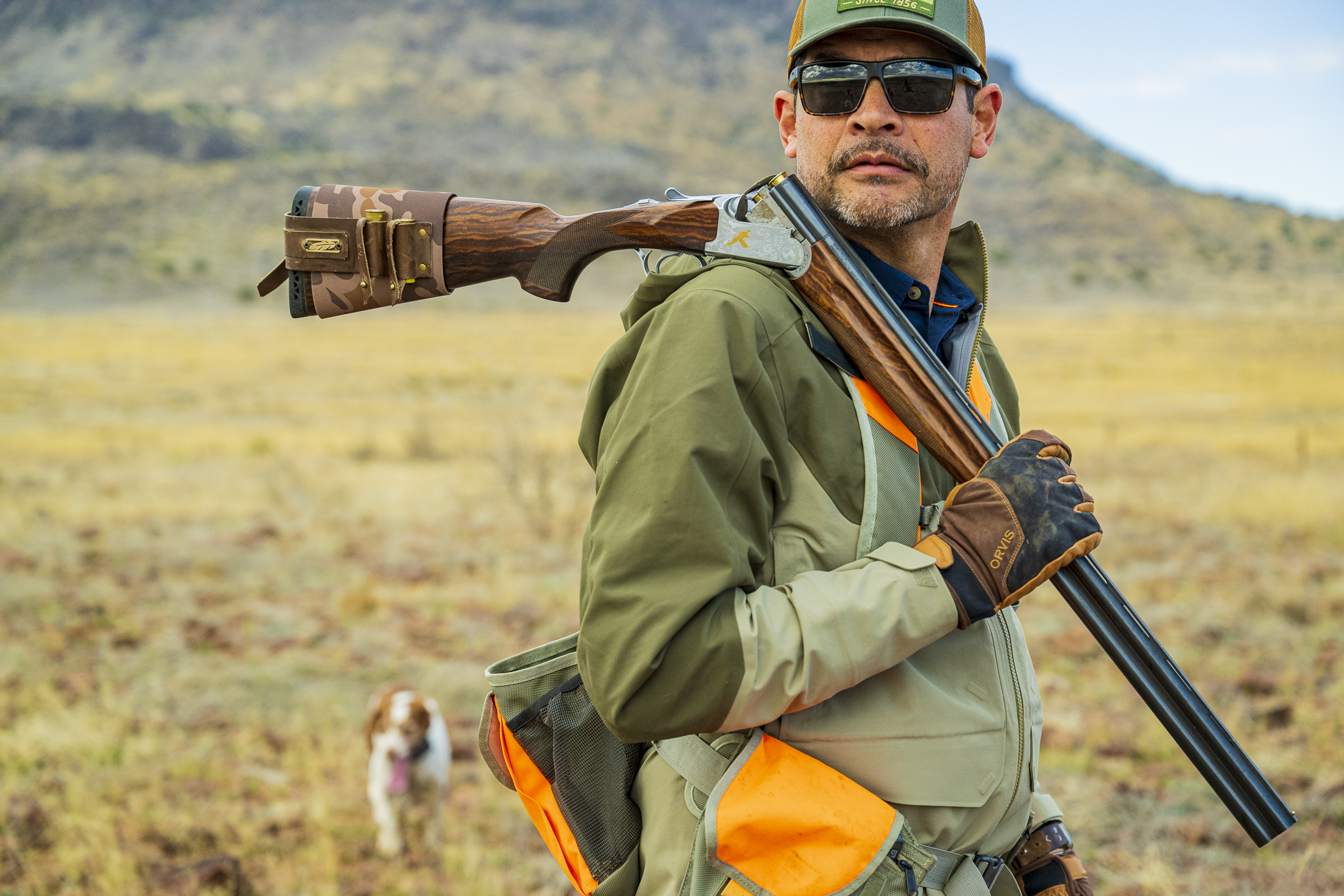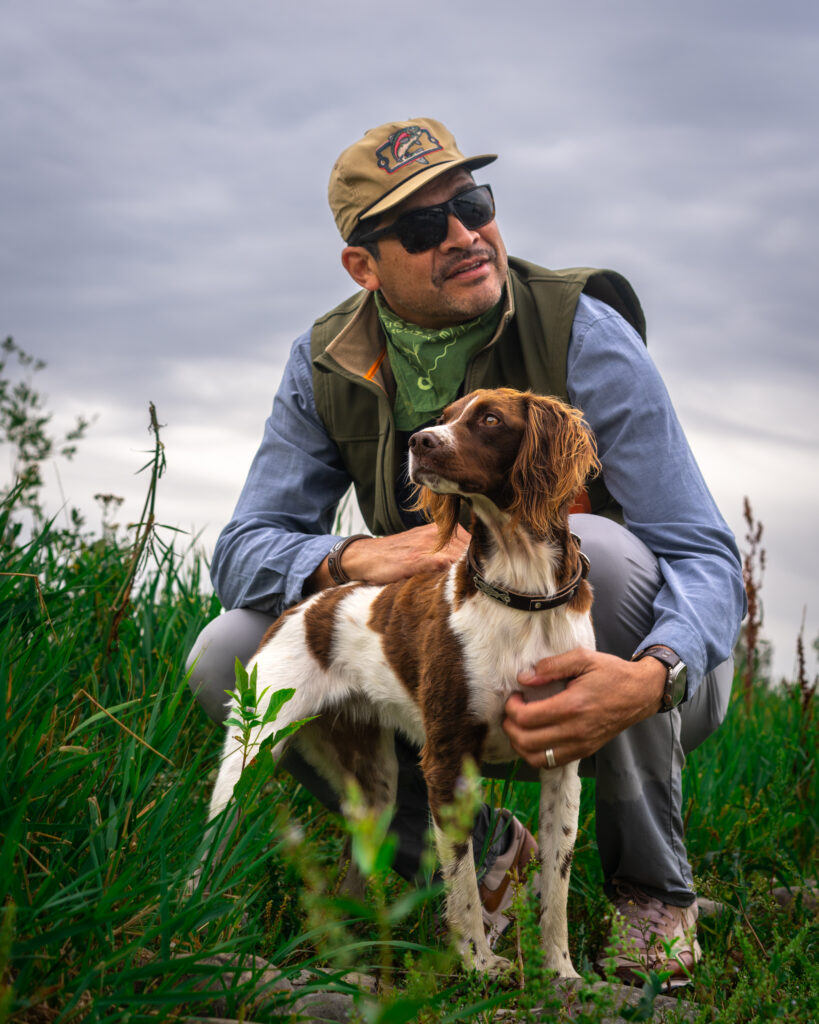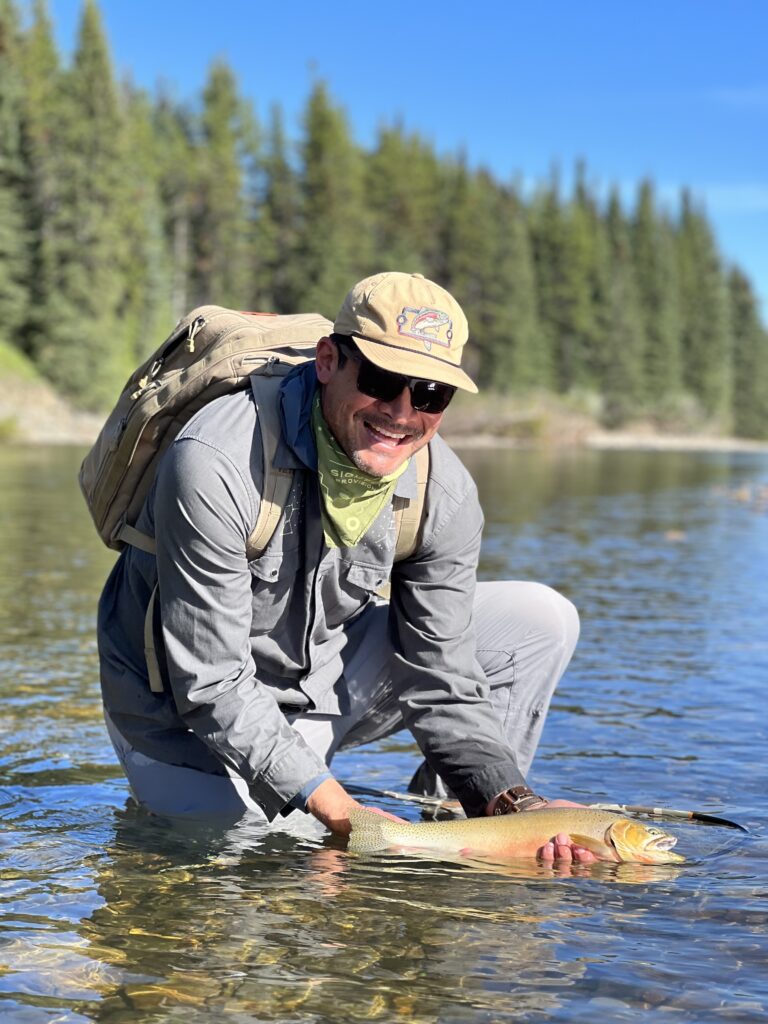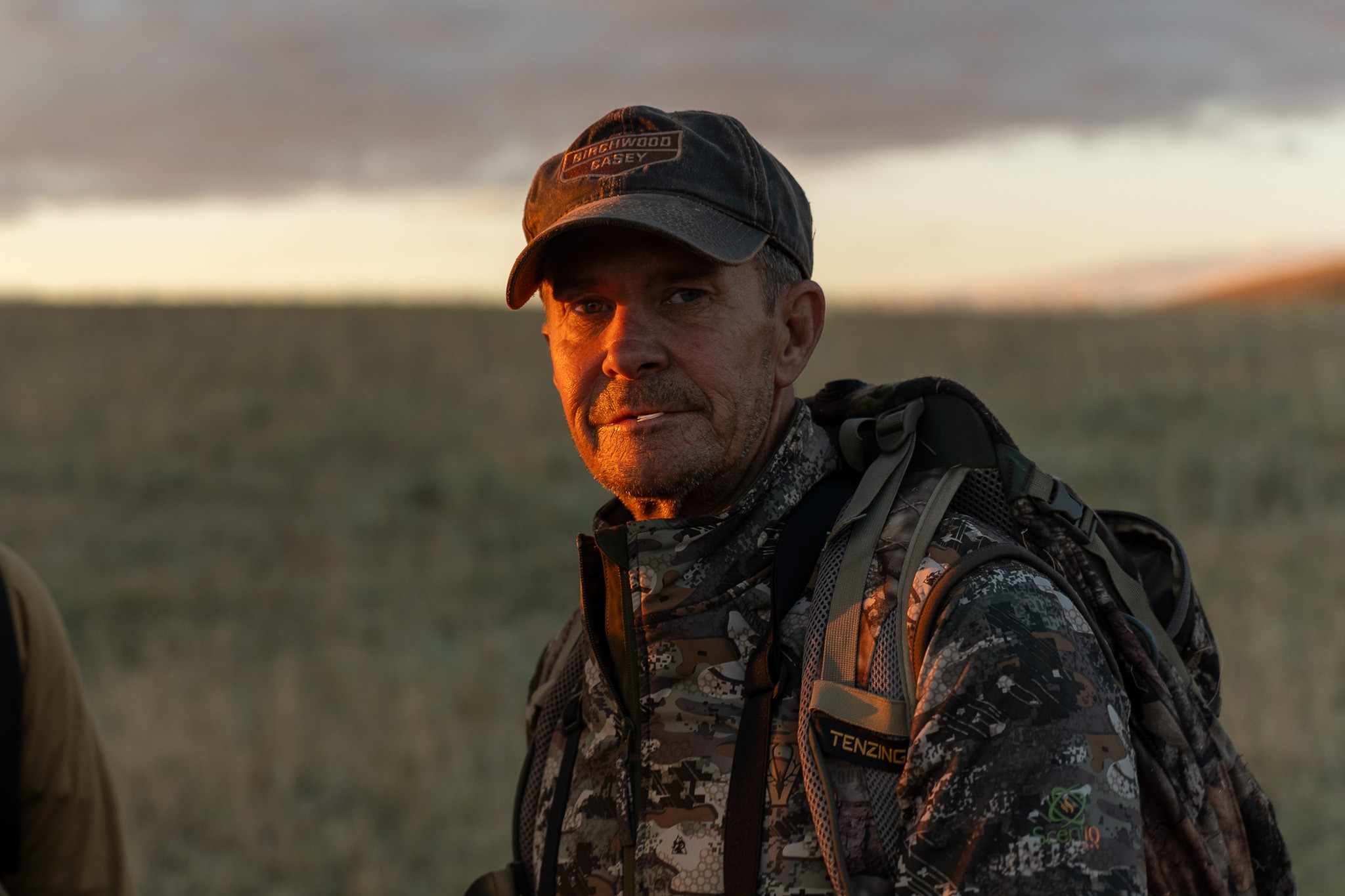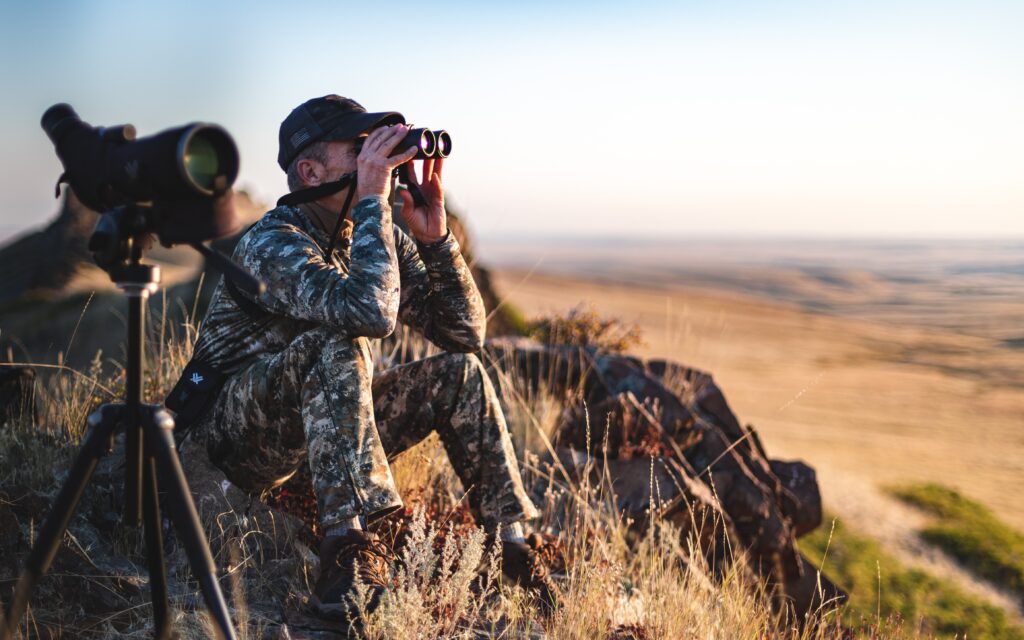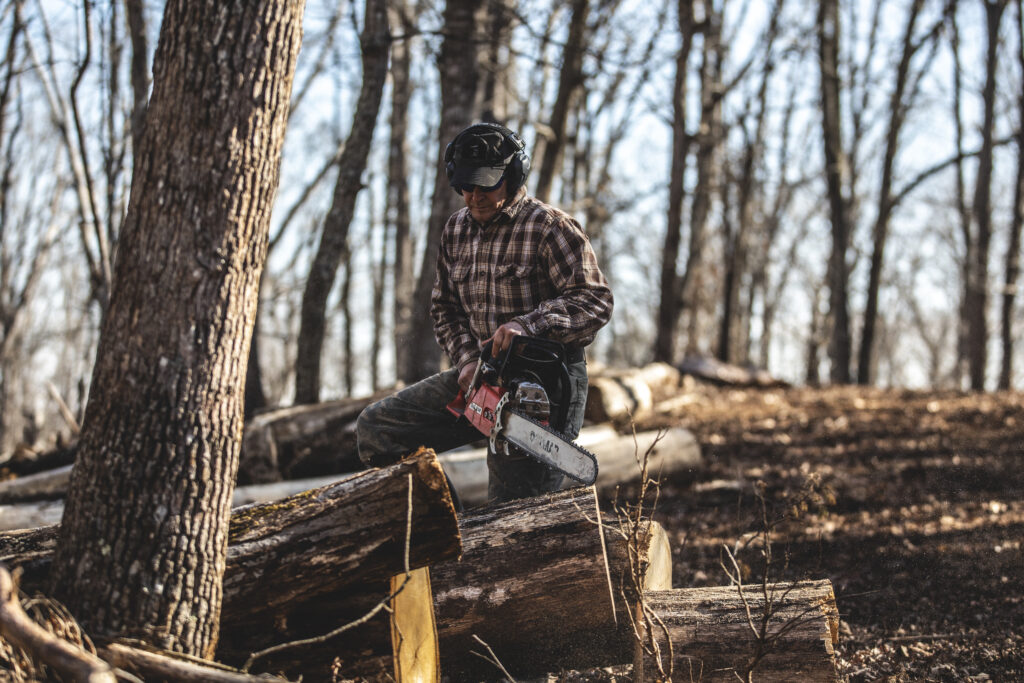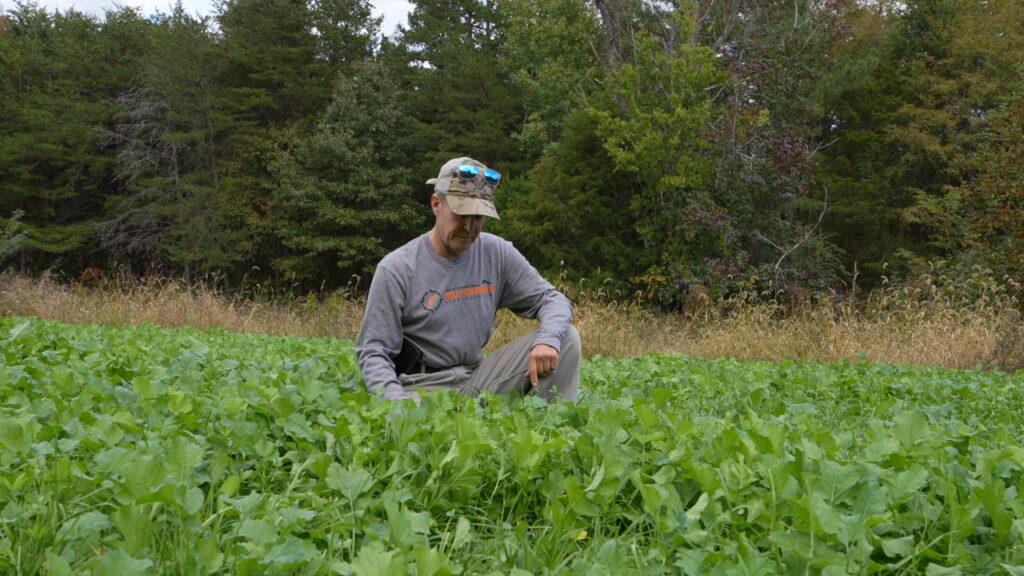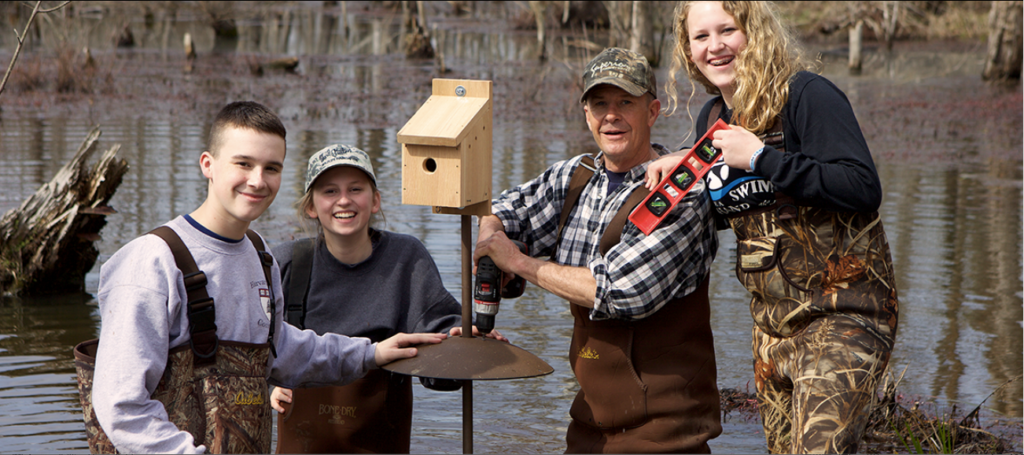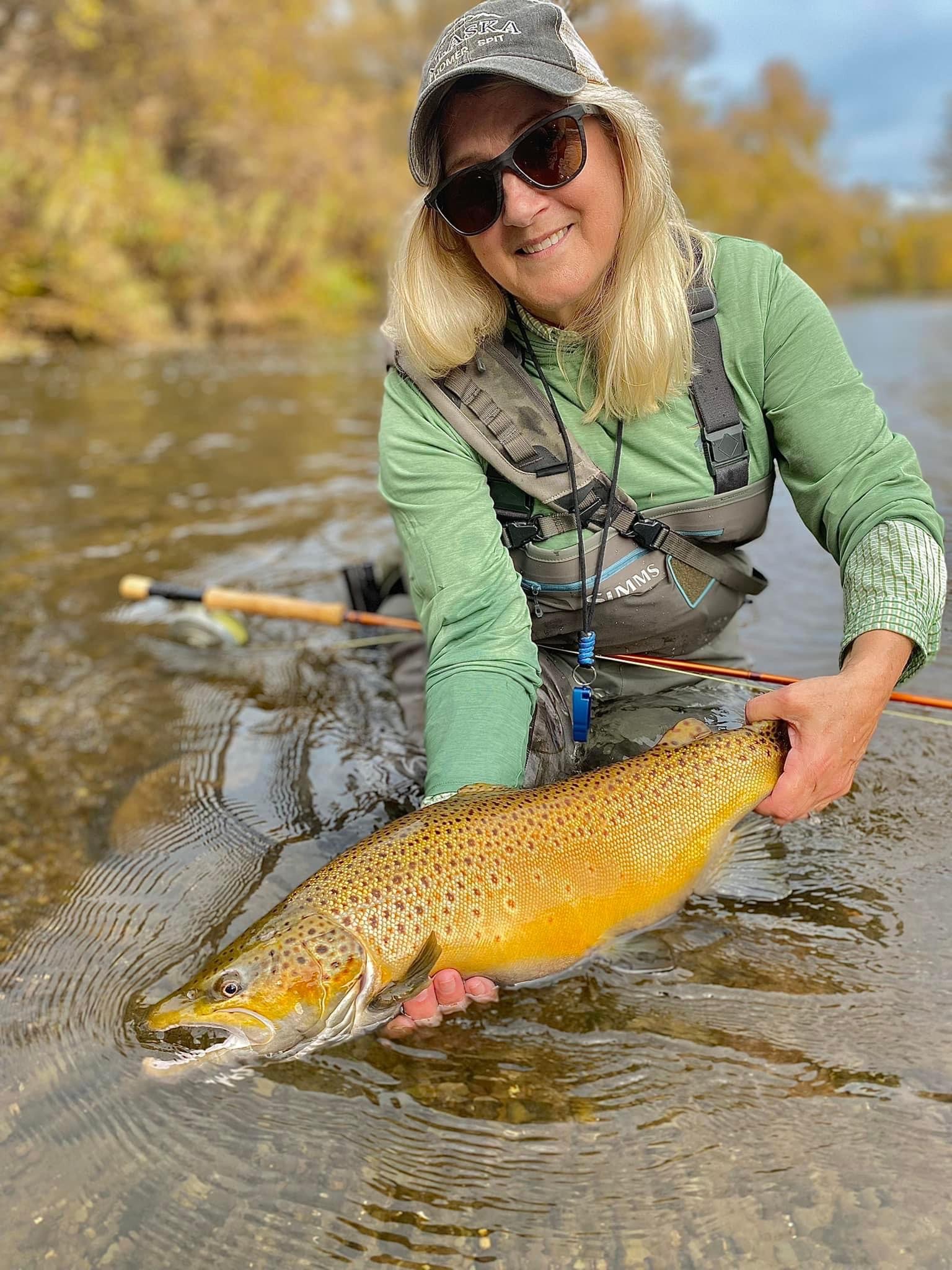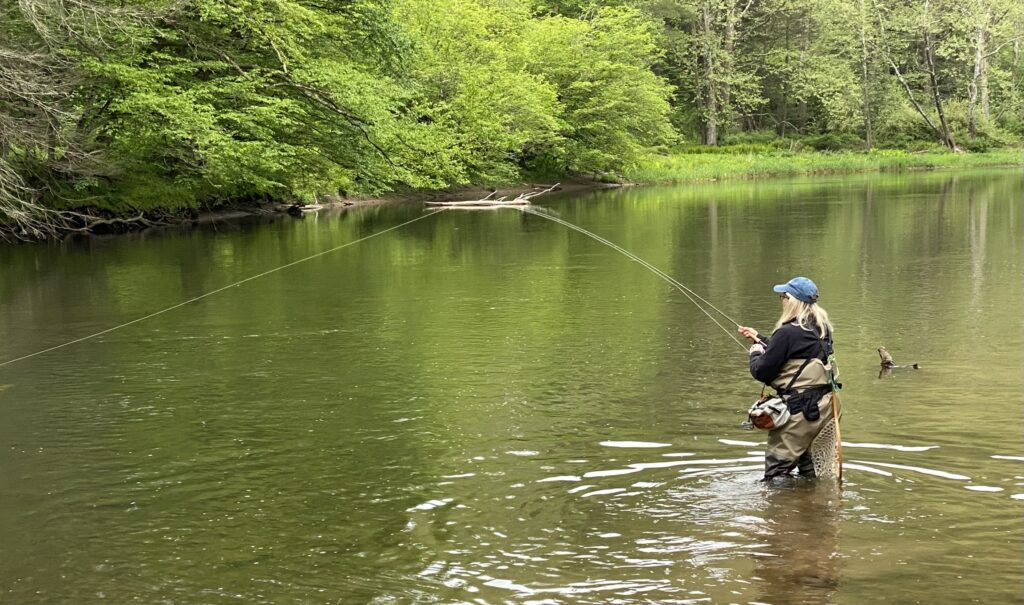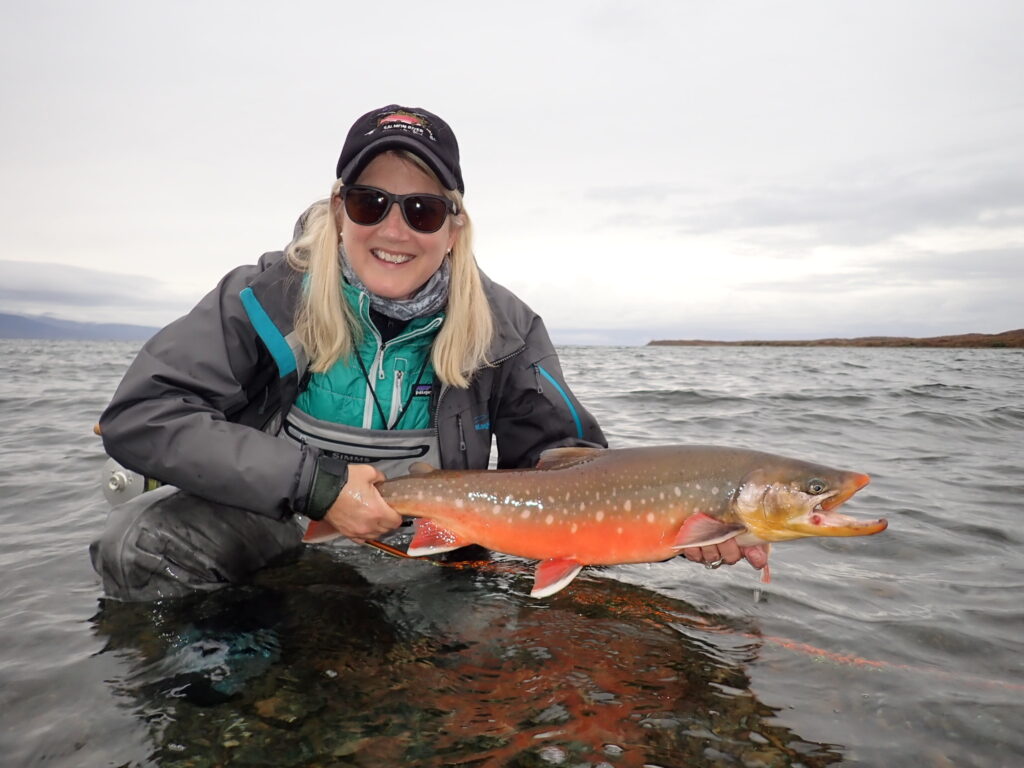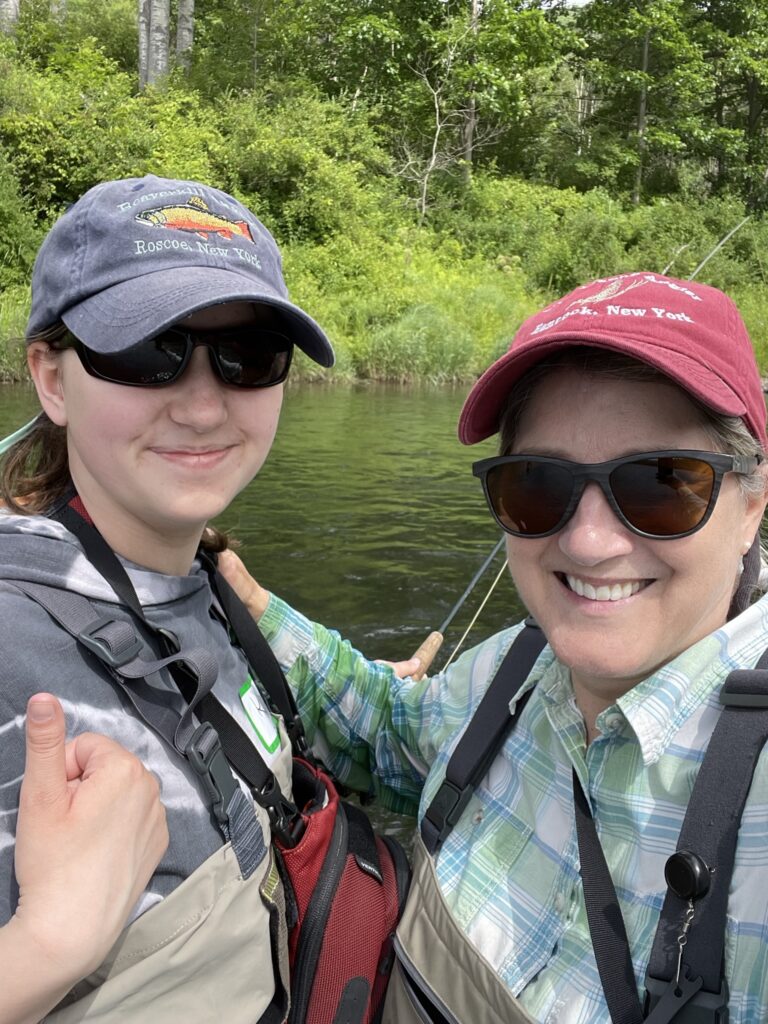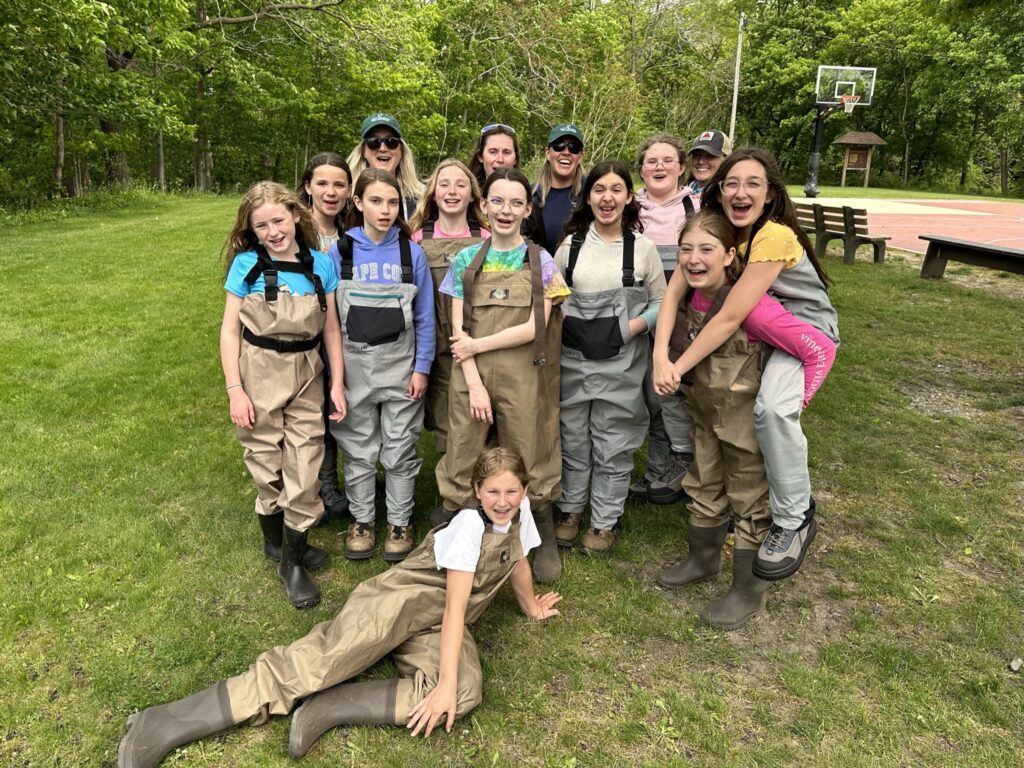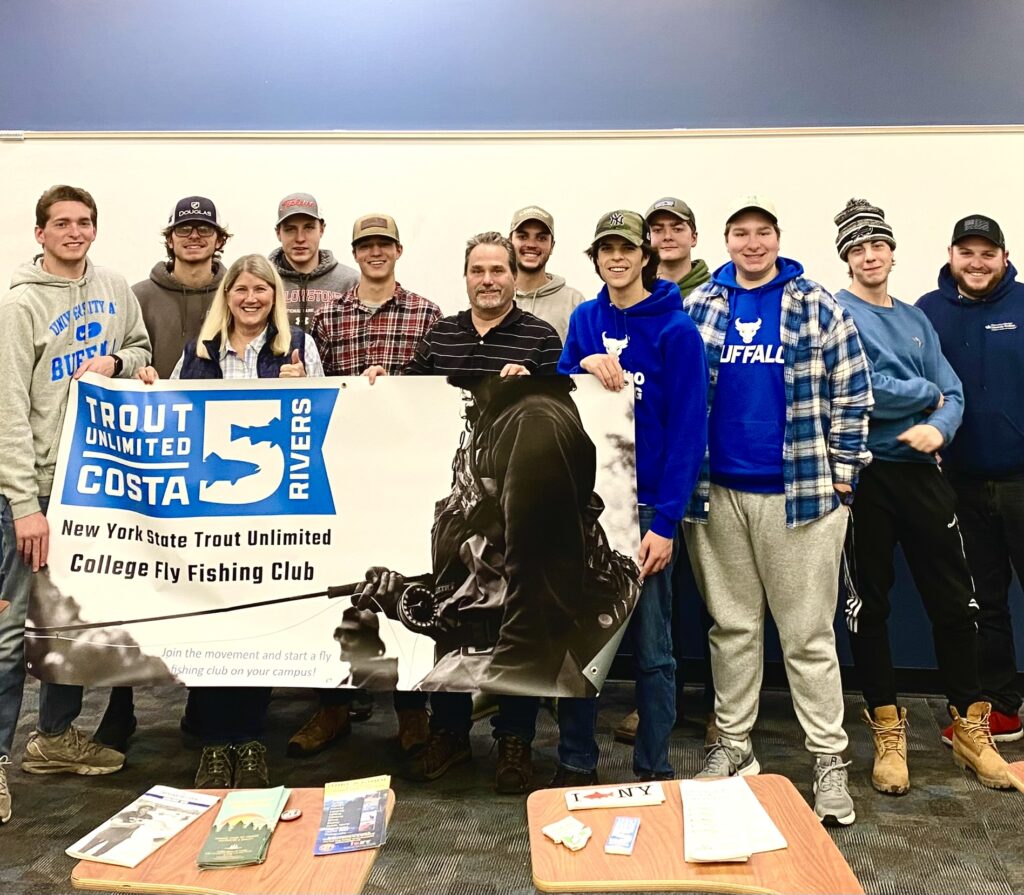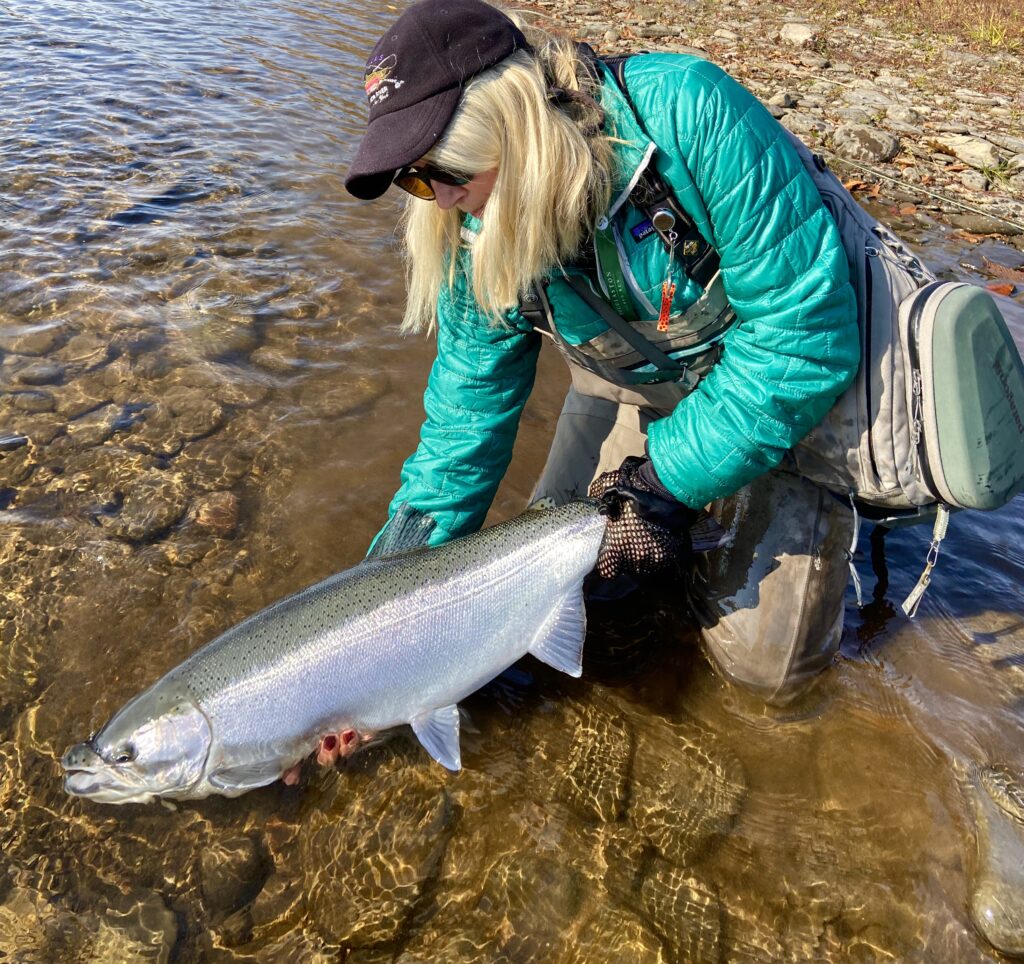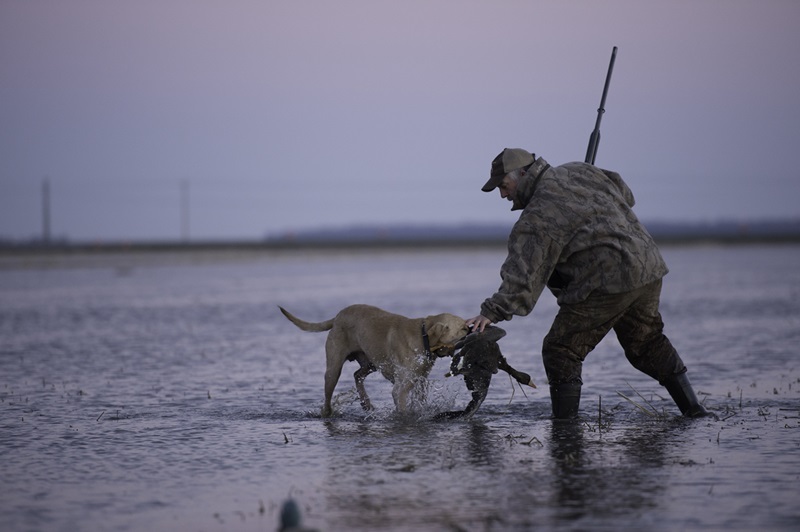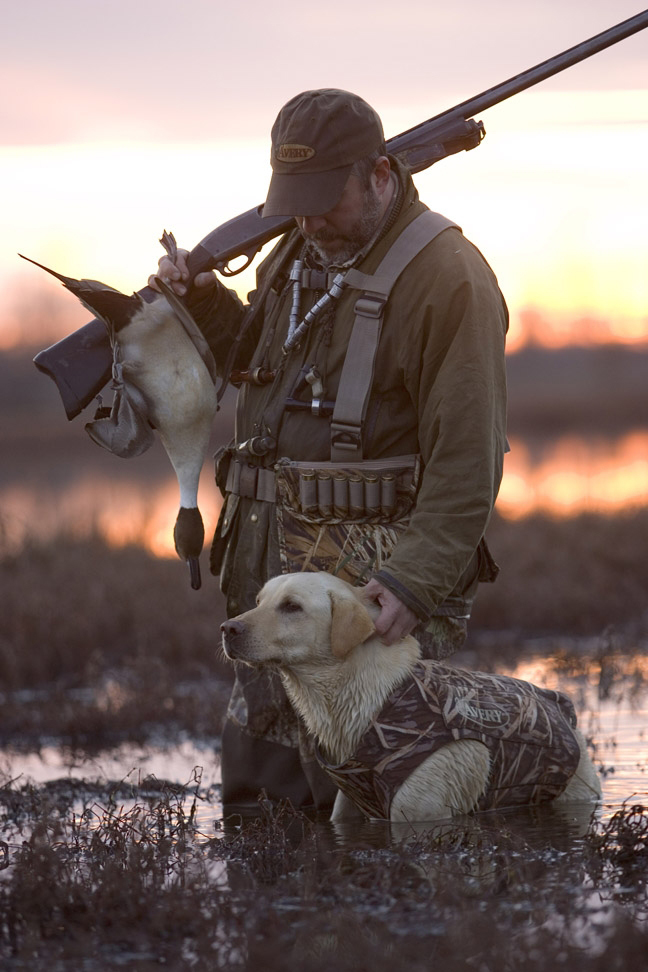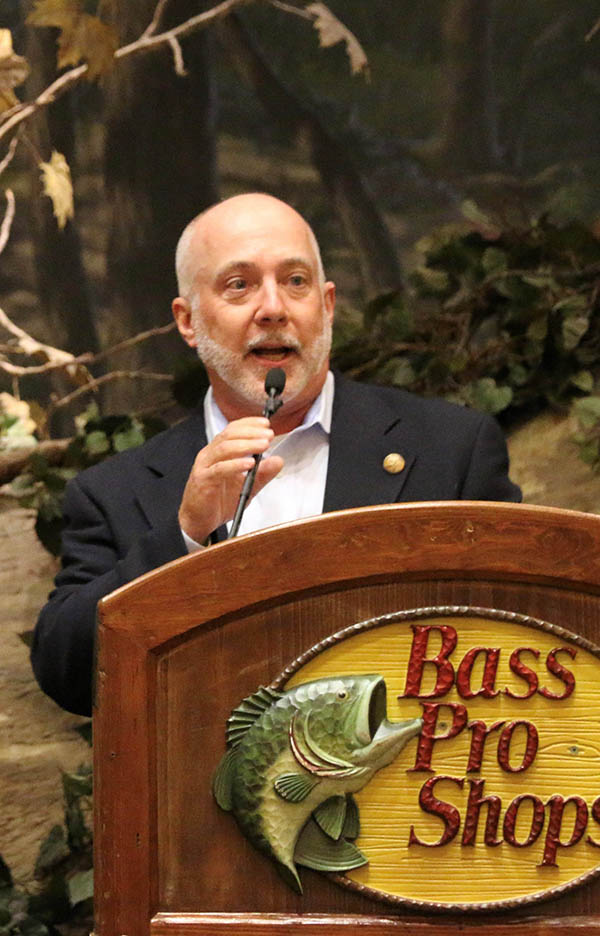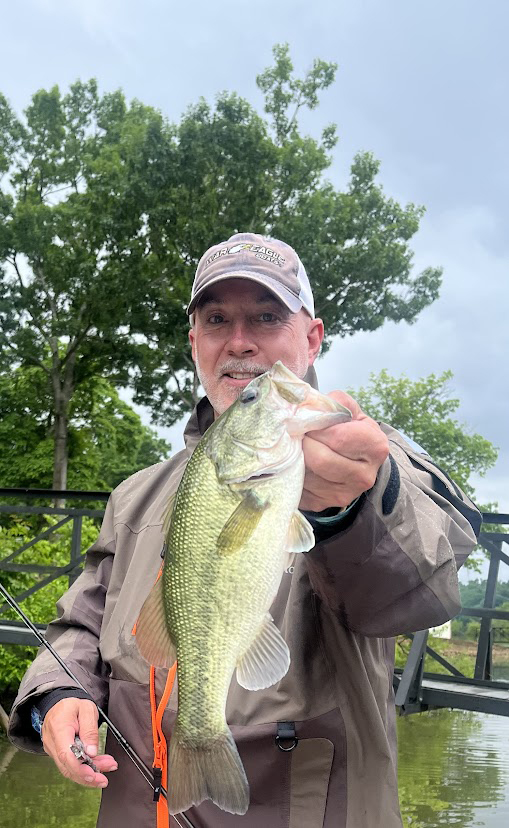TRCP’s “In the Arena” series highlights the individual voices of hunters and anglers who, as Theodore Roosevelt so famously said, strive valiantly in the worthy cause of conservation.
Jon “Hoss” Haas
Hometown: Phoenix, Arizona
Occupation: Television show host/producer, conservation director for the Mid-South Fly Fishers club, and fisheries advocate
Conservation credentials: Producing and hosting an Emmy-nominated angling show focused on conservation issues and serving in board and director roles for conservation organizations, including being a past board member and communications director for the Coastal Conservation Association Oregon.
Jon “Hoss” Haas is host and executive producer of Emmy-nominated “Hoss Off the Grid,” which invites viewers into the rush of adventure-destination sportfishing. He’s a hardcore lifetime fisherman, whose endeavors are framed by a conservation focus in which he uses his sportfishing quests to highlight the need for fisheries stewardship. Hoss has also personally documented the menhaden reduction industry fleet removing these critical forage fish from the Chesapeake Bay, and freely shared that footage for conservation purposes.
Here is his story.
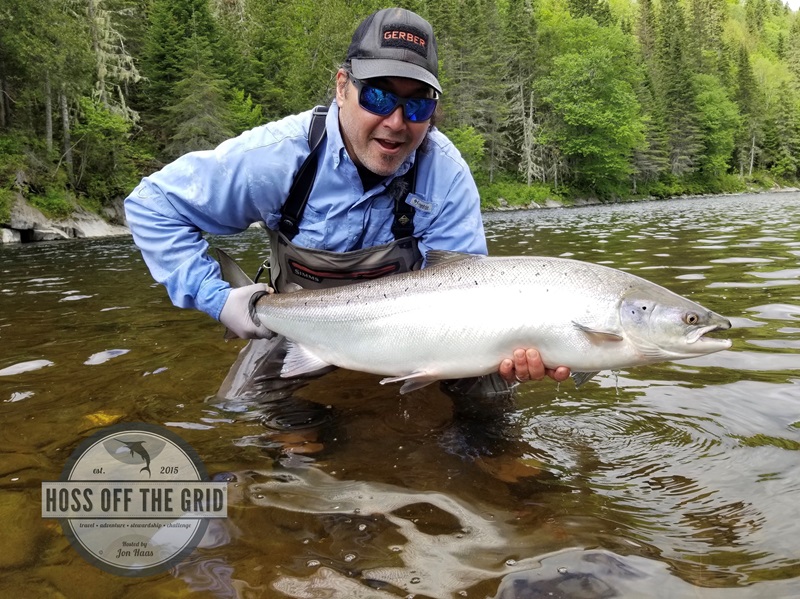
I was lucky enough to have a best friend when I was young, around 9 years old, who had a much older stepbrother who liked to fish. He took us with him on occasion. This was mainly fishing in lakes and ponds for panfish, bass, and catfish in Arizona, but it gave me an appreciation for being in the outdoors and especially the bug for fishing at an early age.
Once my buddy and I were fishing in a park lake in Phoenix. It was an old, concrete-lined lake that had several fingers running out of it, and in one of them I saw a deeper hole at the bottom. In the hole I spied a round object that had moved slightly. Thinking it was a turtle, I dropped a worm on a hook down into the hole and to our surprise the “turtle” opened up and gulped the bait. It wasn’t a turtle at all, but a giant catfish.
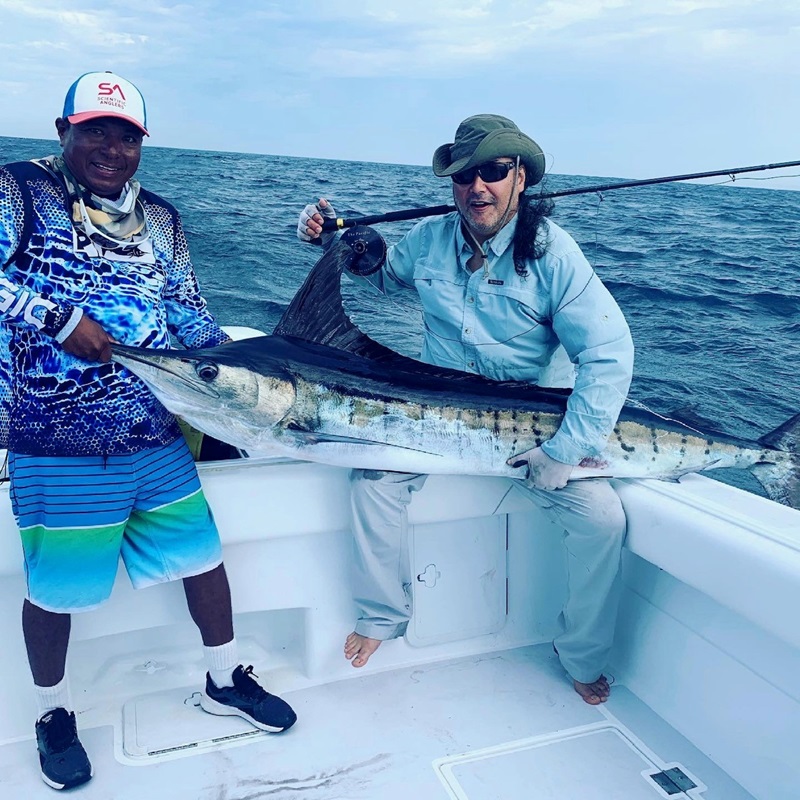
Once hooked, it took off out of the concrete into the lake for a fight. We could see it was a big catfish and watched it tearing up the reedbed across from us. Eventually the line broke, but the impact forever changed me because I realized fishing was magical, it was a key to adventure since anything could happen.
If I could hunt or fish anywhere, I would pick a fly-fishing trip in the Seychelles off the coast of Africa for giant trevally and bumphead parrotfish. The evolution of a fisherman generally goes from most, to biggest, then to hardest. For many species, hardest equates to the biggest on a fly. Those Seychelles fish are unique, aggressive at times, and very strong. Trying to land them on a coral atoll will test your skills and your gear. And being in a place like the Seychelles, remote and beautiful, with a limited footprint from mankind, is always rejuvenating to me. So, when I finally get there and hook one up, I’ll be scratching one off the top of my bucket list and recharging my batteries.
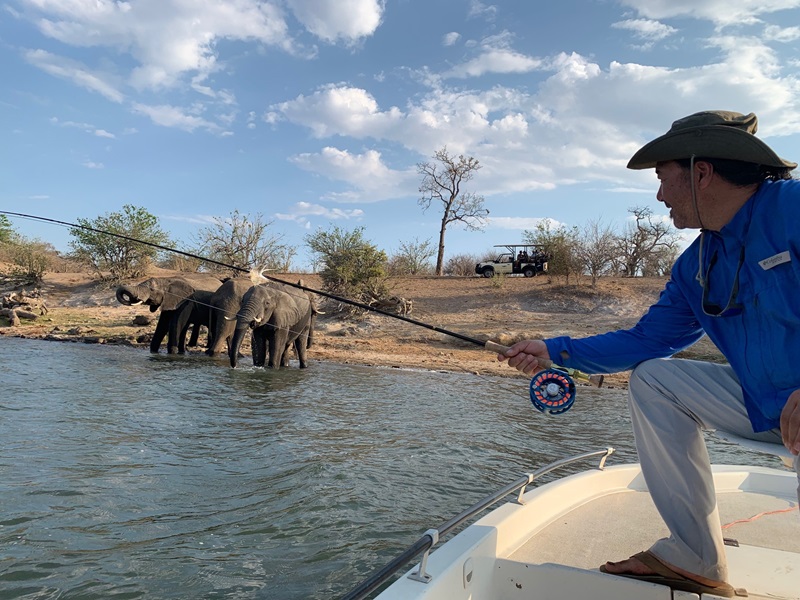
Conservation has enhanced my life significantly because without it being fought for by past generations, I don’t think there would be much wildlife or wild places left for my generation to enjoy. Being active in conservation is an opportunity for each of us to show we care about what happens to the world, now and in the future. Simple things like picking up the trash off a riverbank or donating to a conservation organization show you care. I have been lucky enough to travel the world and fish in a lot of wild places for great fish. The reason I did the television show “Hoss Off the Grid” was to show the great fisheries that are still left and why we need to fight to protect them.
“Without people being actively involved in conservation, there will likely be nothing left to conserve.”
I recently moved to Memphis, Tenn., and here we fish for big trout in a lot of the tailwaters below dams in northern Arkansas. Two of these rivers have produced world record-size brown trout and have robust trout fisheries. The Little Red River produced a 40-pound brown in 1992 and the White River produced a record 40-pound, 4-ounce brown that same year. These tailwaters are controlled by the Army Corps of Engineers for hydropower and flood control and have no minimum flow requirements that must be adhered to.
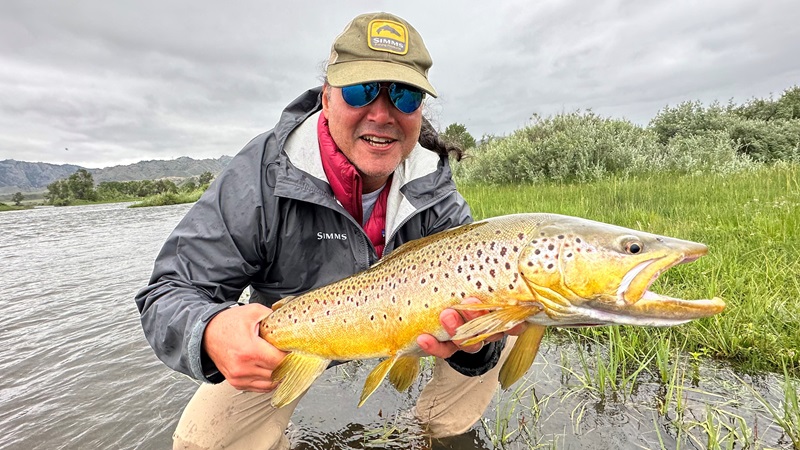
This last winter we saw water so low on the Little Red that it exposed the spawning beds upriver for over a week during the brown trout spawning run. That’s an issue. It’s never easy to get federal agencies to move quickly, so we will have to coordinate our efforts to magnify our individual voices to stop it from happening again.
I think conservation is a duty we all have to ourselves, the natural world, and future generations of outdoor enthusiasts. Without people being actively involved in conservation, there will likely be nothing left to conserve within a short period of time. A natural resource will always have folks who want to exploit it, and in most cases, if left unchallenged, they will overexploit it to the point they abandon it and move to the next thing to exploit. The Chesapeake Bay menhaden reduction fishery is a prime example of overexploitation to the point of decimation. I saw the same thing on the Columbia River in Oregon, around commercial fishing for salmon when Endangered Species Act-listed runs of fish were trying to make it home through the same waters from which they originated.

It’s important for me to know I’ve contributed my part to try to make things better for the generations coming behind me. Conservation is really the only thing that will keep the wild places wild and ensure fish and other wildlife are available for the next generation of hunters and anglers to enjoy. I’ve already seen the degradation of some incredible fisheries in my lifetime and hope that our efforts to preserve ecosystems and guard our world’s natural environment from overexploitation will allow some of them to eventually recover. Without continued diligence on conservation efforts, we can’t hang on to what we have or make it better. That’s why it’s so important to get young people involved in conservation as much and as early as possible.
I also challenge the next generation to join conservation groups, since regulators care about votes. Membership in a group represents votes to those in power, and tells them they need to listen.
All photos courtesy of Jon Haas/Hoss Off the Grid
Support TRCP’s forage fish conservation efforts to help protect menhaden and herring.
The TRCP is your no-B.S. resource for all things conservation. In our weekly Roosevelt Report, you’ll receive the latest news on emerging habitat threats, legislation and proposals on the move, public land access solutions we’re spearheading, and opportunities for hunters and anglers to take action. Sign up now.

